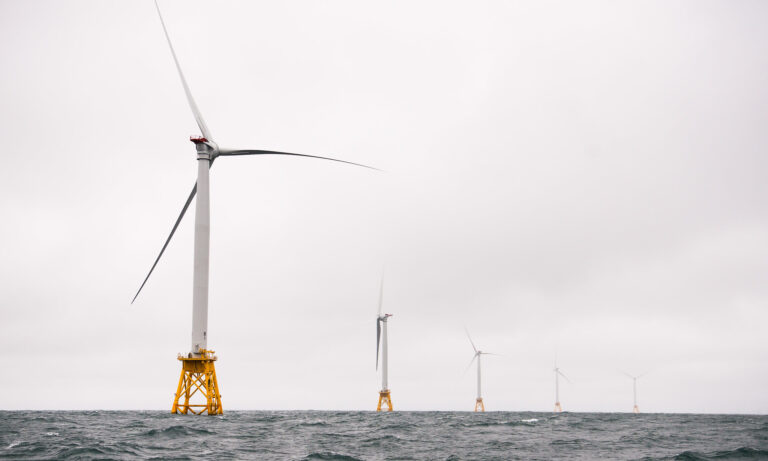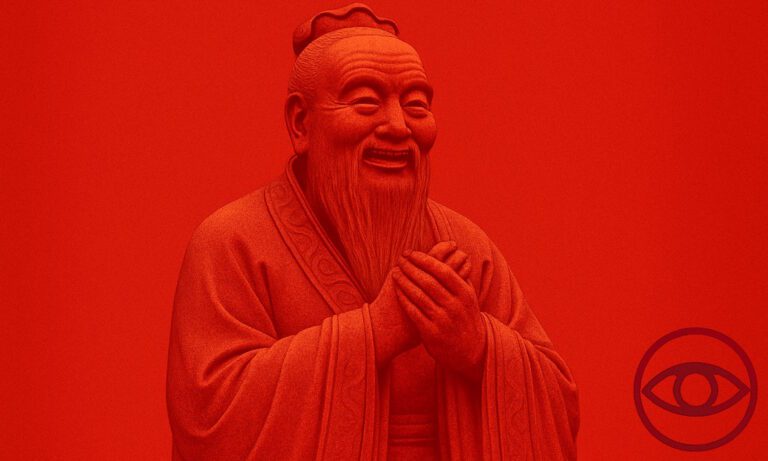End of an Era in Czech-Chinese Relations as Czechs Vote for a New President

The China-friendly Czech President Miloš Zeman will soon be out of office, spelling the end of the Czech courting of Beijing over the previous decade.
China Loses its Loudest Supporter
Miloš Zeman, a former prime minister who staged a successful political comeback and won the first direct elections for the Czech president in 2013 will be retiring after his second term due to constitutional limits.
Zeman’s tenure has been marred by controversy, both in domestic and foreign policy arenas. In terms of the latter, it was Zeman’s China policy that has been one of the most defining but also contested aspects of this presidency.
During his two terms in office, Zeman championed a close relationship with China under the banner of economic diplomacy, dismissing concerns about human rights. The president traveled to China five times and if it was not for the COVID-19 pandemic and his poor health, he would have likely visited China again.
Zeman has even appointed a Chinese advisor – Ye Jianming – founder and chairman of the company CEFC, which promised multi-billion investment in the Czech Republic. Ye Jianming was later investigated by Chinese authorities based on suspicion of economic crimes and has still not been seen since his disappearance in 2018. CEFC, which managed to build close links with key business and political leaders in the Czech Republic, went the way of its founder and was dissolved soon after.
As scandals mounted and the promised Chinese investments largely failed to materialize, Zeman also acknowledged the mismatch between expectations and reality, referring to the lack of investment as a “speck” in bilateral relations. However, the president remained a key voice supporting China in domestic political debates, even as the successive governments became gradually less interested in wooing Beijing, and the issues of human rights, Taiwan, and other controversies became again the focal point of bilateral relations.
For example, Zeman dismissed the criticism of the Chinese company Huawei regarding its potential involvement in the construction of the 5G infrastructure in the Czech Republic, discarding the security warning issued by the National Cyber and Information Security Agency as “unsubstantiated.”
When the new government coalition of parties that have been often critical of China while in opposition formed in late 2021, there were expectations that Czech diplomacy would make dramatic foreign policy moves on China. However, in a situation of uneasy coexistence with the president, the government seems to have put its China agenda on the back burner, waiting for the end of Zeman’s term to avoid unnecessary conflict that could derail its other agenda.
From Opportunity to Threat
With elections for Zeman’s successor to be held on February 13-14, the campaign is now in its final stage. China policy has, understandably, not been a key focus in the run-up to the vote. However, related issues have still resonated quite strongly in the campaign, especially as the stances of the candidates on the topic are contrasted to the outgoing president Zeman and his criticized track record.
The Russian invasion of Ukraine has brought security issues to the spotlight and has shown the dramatic impacts of long-neglected strategic dependencies. The new conditions also shape the debate on China-related topics, as reflected in the debates among the presidential candidates.
Whereas the debates on China preceding the previous presidential election in 2018 predominantly focused on the conflict between economic diplomacy and values, the emphasis on deepening economic cooperation has almost disappeared from the discourse, and security issues have gained prominence. Most of the candidates perceive China as a security threat, some of them even calling China an accomplice to the Russian invasion of Ukraine. China is no longer only seen as an anti-thesis to the democratic values that are said to represent the essence of the Czech statehood, but also as a hostile and threatening state.
The Leading Contenders
While eight candidates total are in the running, only three appear to be serious contenders for the presidential post: former prime minister Andrej Babiš, Petr Pavel, a retired Czech army general and a former chair of the NATO Military Committee, and Danuše Nerudová, former rector of the Mendel University in Brno. The polls have shown that the support for the three candidates has been almost evenly matched, making a second round between the two candidates who gain the most votes a virtual certainty.
While the former prime minister and multimillionaire Babiš refrains from participating in the debates and providing interviews, his stance on China may be derived from his past political actions. Babiš has repeatedly expressed dissatisfaction with the negative trade balance between the Czech Republic and China, and was not particularly active on China policy during his premiership between 2017 and 2021, leaving the issue to be handled by a junior political partner and President Zeman. When China-related controversies arose, such as those related to the issue of Huawei or the visit of the Czech Senate leader Miloš Vystrčil to Taiwan, he reacted opportunistically.
It might be expected that he would adopt a similar approach if elected president – reacting to the arising issues but not pursuing an active approach, be it promoting or downgrading mutual relations. However, it is also not out of the realm of possibility that Babiš would use the policy towards China to distinguish himself from the sitting government, to which his party “ANO” is currently in the opposition.
The two other leading candidates, Danuše Nerudová and Petr Pavel, are running as independents, but have been both indirectly supported by the ruling coalition parties. Their stances on China are much more pronounced and critical.
Petr Pavel has mostly emphasized the security aspects, including China’s rapid militarization and global ambitions, growing assertiveness and influence in the South China Sea and other regions, and dependencies on China in critical infrastructure. Interestingly, when explicitly asked by a journalist, Pavel said he would visit Taiwan as president, which would, of course, be an unprecedented move.
Danuše Nerudová, who seeks to become the first Czech female head of state, also views China as a threat and has mentioned human rights abuses in China or its rising influence in Africa. She also believes that the next Czech president should pressure Germany to change its China strategy. Nerudová previously welcomed the visit of Nancy Pelosi, Speaker of the US House of Representatives, to Taiwan in August 2022.
End of an Era
Ultimately, the Czech Constitution defines the president’s role rather vaguely and sets him/her as a mostly representative figure with limited executive powers. Key competencies in foreign policy lie with the government, but the president can still carve up significant space for charting their own foreign policy course. Ultimately, interaction with the government will be key.
No matter the outcome, it seems that the retirement of President Zeman will mark the virtual end of the era when Czech politicians tried to woo China and make the Czech Republic one of its key partners in Europe. The positive mood of the ‘farewell call’ between Zeman and Xi Jinping on January 9, is unlikely to be seen in other Czech-Chinese exchanges anytime soon. Zeman’s exit will also disrupt the networks of interest groups that have coalesced around the president and his closest confidants.
With the new occupant of the Prague Castle, the Czech government might also go ahead with some of its delayed moves on China policy, including exit from the China-CEE cooperation format, issuing a revision of bilateral ties, and making further moves on Taiwan.
Written by
Veronika Blablová
Veronika Blablová is an analyst at CEIAS.
Filip Šebok
Filip Šebok is an analyst at CEIAS. He was a China Research Fellow and Project Manager at the Association for International Affairs (AMO) in Prague, Czech Republic.


